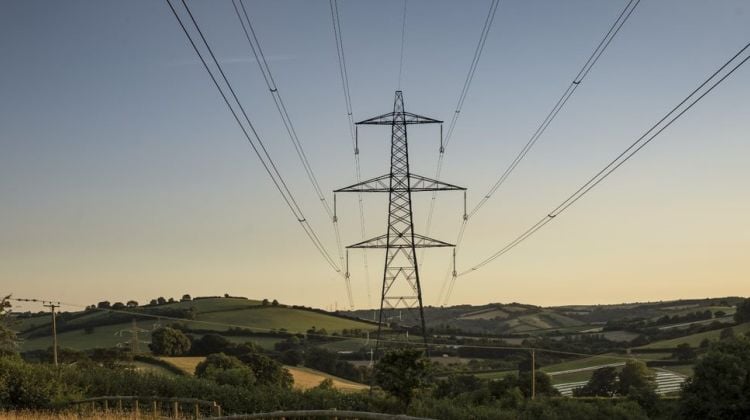Ofgem has announced the approval of funding across 44 projects focusing on grid flexibility, heat pumps and hydrogen production, as part of its Strategic Innovation Fund (SIF).
The funding has been allocated to SP Energy Networks, UK Power Networks, National Grid Electricity System Operator (ESO), National Gas Transmission, Scottish and Southern Electricity Networks (SSEN) and Northern Powergrid, each of which is responsible for multiple projects.
Of the 53 projects that initially applied for Ofgem’s SIF funding, 44 succeeded. Every applicable project must start no earlier than 1 March 2024, end by 31 May 2024 and must not request funding of more than £150,000.
Of the £5.8 million assigned across the 44 projects, just over £750,000 is dedicated to hydrogen-focused projects, approximately £1.5 million is focused on grid flexibility projects and roughly £790,000 will go to projects working on heat pumps and systems.
Although funding will be directed towards other projects, including solar, wind and energy storage projects, Ofgem identified the hydrogen, grid and heat pump sectors as priorities for the third round of SIF funding, which is delivered in partnership with Innovate UK.
Northern Powergrid’s “ambitious” projects
Northern Powergrid was awarded £650,000 in funding to explore five pioneering new innovation projects.
Two of these five projects, named GridLink and Fuel Cell Renewable Energy Equity (FREE), focus on increasing accessibility to domestic installations of low-carbon technologies, as well as advancing the technology involved.
Another project, called Fractal Flow, will work with National Grid ESO to expand grid asset capabilities.
The final two, Cross Vector Energy Hub and SANND (Scenario Analysis for Non-domestic Network Decarbonisation), look at the larger picture by developing a multi-vector (gas and electricity) energy hub and using a new tool to better forecast future demand, respectively.
Paul Glendinning, Northern Powergrid’s director of energy systems, said: “This award follows a £1.1 million successful bid back in October and will allow us to advance five ambitious projects, with the potential to deliver real benefits for the customers and communities we serve.”
SSEN receives £600,000
Meanwhile, Scottish and Southern Electricity Networks (SSEN), which is responsible for the north of Scotland and central southern England, won £600,000 across four projects.
These include UN:LOCK, which seeks to open up network capacity on the Isle of Wight, helping low-carbon technologies connect to the grid; Nature4Networks (N4N), which protects electricity networks from climate change using what it calls “nature-based solutions”; MaxFlex, which will help to create flexibility opportunities for industrial and commercial properties; and SeaChange, which focuses on the decarbonisation of harbours and ports.
UKPN’s substantial pot
UK Power Networks (UKPN) gained 13 successful projects in this round, a significantly higher number than fellow major DNOs.
Among these initiatives are Electric Thames, which explores the feasibility of electric-powered boats contributing to the electricity grid, and KnowMyFlex, which creates Energy Flexibility Certificates that aim to empower customers to reduce their energy bills.
In addition, UKPN’s WASH (Wastewater Sourced Heat) will investigate efficient heat capture from wastewater to support decarbonisation efforts in district heat networks.
Luca Grella, head of innovation at UK Power Networks, said: “This funding is allowing us to continue building strong bonds with some of the brightest minds in the sector. Our project collaborators play a key role in helping us deliver tangible benefits for our customers, and we can’t wait to reap the rewards of these partnerships.”
Scottish networks receive funding
ScottishPower Energy Networks (SPEN) has secured £275,000 of funding to help further two of its innovative projects this year. The two projects, Equiflex and LVOE, look to address key issues facing the electricity network as the UK moves to net zero.
Equiflex, which aims to promote equal access to flexibility services, was awarded £133,000 from the fund, and the LVOE project was awarded £142,000 of funding, aiming to address the low voltage imbalance experienced on the network as more and more households adopt low-carbon technologies, such as electric vehicles (EVs), solar panels and heat pumps.
Graham Campbell, director of processes and technology at SPEN, said: “We are committed to continuing our pioneering approach to flexibility and investigating the use of power electronics to improve the resilience and efficiency of our network to enable our customers to adopt low carbon technologies at the scale and pace necessary to reach net zero.”





